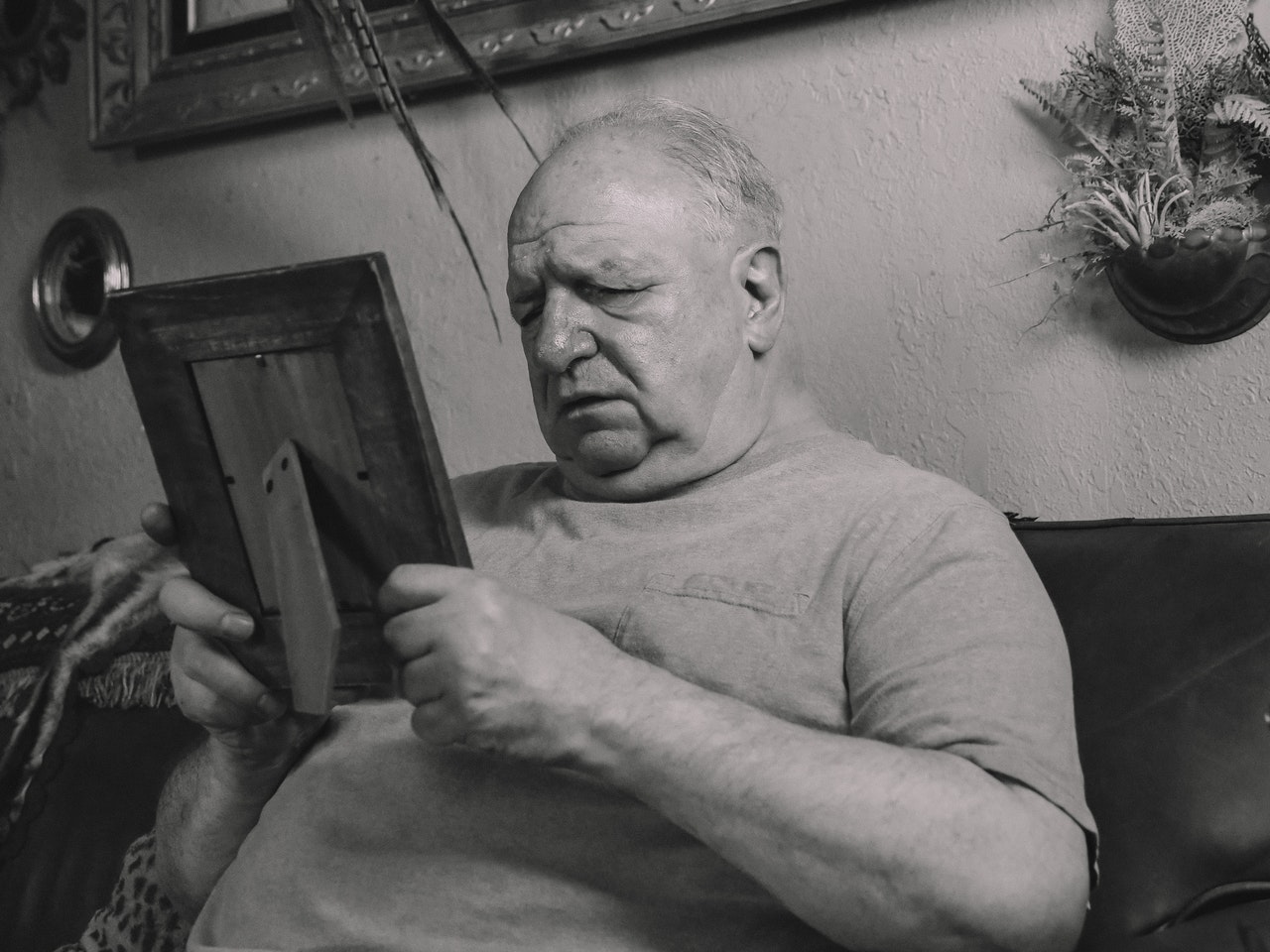When a loved one dies, it can be difficult to know what to do with their belongings. Should you keep them, sell them, or donate them? And how do you deal with the emotions that come along with going through their things? If you’re facing this situation, here are some tips on how to handle it.
Get the logistics sorted
When you’re faced with the task of clearing out a loved one’s home, you first need to think about practicalities and logistics. Clearing out a house is a huge job, and there may just be too much to do all in one day. If you’re keeping any of their things, you’ll need to consider if you can fit everything in your own home. If you’re struggling for space, you might want to think about using first month free storage to store certain items, like large pieces of furniture, until you can find somewhere to put them. Additionally, you’ll need to figure out how to transport it all to your own home when you’re ready, so van hire might be necessary.
Keep, throw or donate?
Once you’ve thought about the practical aspects, you need to decide what you’re going to do with everything. Do you want to keep it all, sell it all, or donate it all? It’s important to think about what would make your loved one happy. Would they want you to keep their things so you can remember them, or would they prefer that you sell or donate them so others can use and enjoy them? If you’re not sure, take some time to go through their things and see if anything has sentimental value to you. You can also ask other family members or friends for their opinion. Once you’ve decided what to do with your loved one’s belongings, you can start sorting through them.
Tackle one room at a time
Once you’ve decided what to do with your loved one’s belongings, it’s time to start sorting through them. This can be a daunting task if the house is large or if your loved one was a bit of a hoarder, so it’s important to take it slow and be organised. Do one room at a time and make three piles in each: one for things you want to keep, one for things you want to sell or donate, and one for things you want to throw away. Keep things tidy and clean up as you go or you’ll end up in a gigantic mess. Once one room is clear, you can use it when you need some space for large piece of furniture. Once you have three rooms clear, one can be used to store the items you’re keeping, one can be used to store items you’re donating, and the final room can be for things you want to throw away.
Decide what to do with the house itself
If you’re inheriting your loved one’s home, you’ll need to decide what to do with it. Do you want to live in it, rent it out, or sell it? You may even want to rent it as a holiday let, which has become a popular option with Airbnb. If you’re not sure, take some time to think about what would make your loved one happy. Would they want you to keep the house and make new memories in it, or would they prefer that you sell it so someone else can enjoy it? you’re selling it or renting it out, you’ll need to bring it up to a modern standard. If you’re living in it, you may wish to keep it largely as it is so that you can enjoy the memories.
Take your time
Dealing with the death of a loved one is difficult and going through their belongings can be an emotional experience. It’s important to be mindful of your feelings and take breaks if you need to. If you come across something that is particularly sentimental, take some time to sit with your emotions and remember your loved one. Once you’ve gone through all of their things, you may find that you feel lighter and more at peace.
Conclusion
Clearing out a loved one’s home after they die can be a daunting task, but by taking it slow, being organised, and staying mindful of your emotions, you can get through it. Whatever you do, just make sure you do what feels right, for them and for you.




